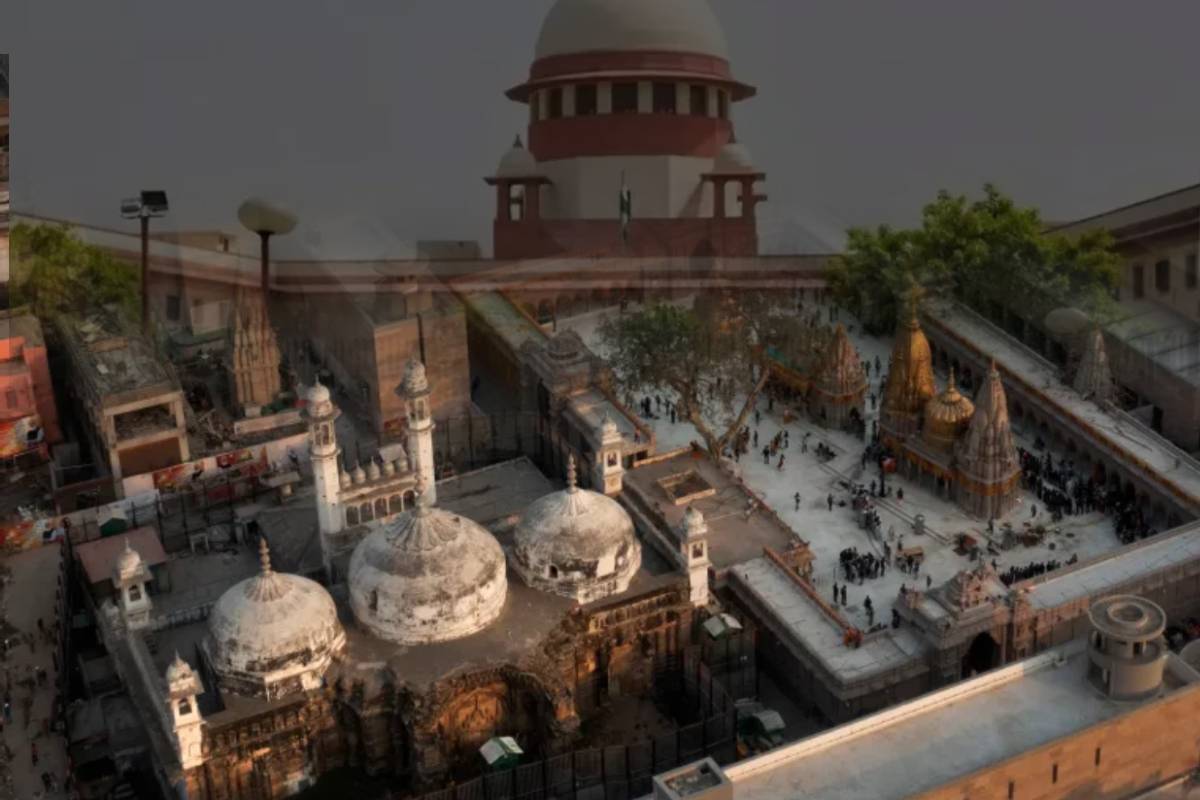NEW DELHI: The Supreme Court declined to halt the ongoing prayers by Hindu devotees within the southern cellar of the Gyanvapi mosque in Varanasi, Uttar Pradesh while ordering a “status quo” on religious observances by both Hindu and Muslim sides inside the mosque precincts.
A bench led by Chief Justice of India Dhananjaya Y Chandrachud noted that both Hindu and Muslim communities had been conducting their respective religious observances “unhindered” within the mosque premises, and therefore, maintaining the status quo would serve the ends of justice for now.
The court’s decision came after a Varanasi court ruled on January 31 that the Hindu side could offer prayers in the ‘Vyas Ji ka Tehkhana’, the southern cellar of the Gyanvapi mosque. This ruling was later upheld by the Allahabad High Court in February.
ALSO READ: Gyanvapi mosque: Hindu rituals to carry on in cellar after Allahabad HC dismisses plea
Senior advocate Huzefa Ahmadi, representing the Muslim side, presented a Google Earth image comprehending the disputed area, which the court accepted without dispute. The bench observed that access to the cellar for Hindu prayers was from the southern side, while access to the mosque for offering namaz was from the northern side.
The court directed that the status quo on the site shall not be disturbed without any further order from the apex court. It also issued notice on the plea by the Gyanvapi Mosque Management Committee against the ruling that permitted Hindu devotees to conduct prayers within the southern cellar of the mosque, indicating that the matter will be heard in detail in July.
ALSO READ: Gyanvapi Mosque built over ancient Hindu temple, ASI report reveals
The dispute arose after a district court granted the family of a late priest the right to resume prayers in the southern cellar of the mosque, a decision upheld by the Allahabad High Court. The Muslim representatives contested the claim, arguing that no idols were present in the cellar until 1993 when the Uttar Pradesh government halted worship rituals.
The Supreme Court’s decision is anticipated to have significant effects on similar lawsuits in Mathura and Agra, where Hindu organisations and individuals have filed petitions seeking legal remedies for long-standing religious disputes.









